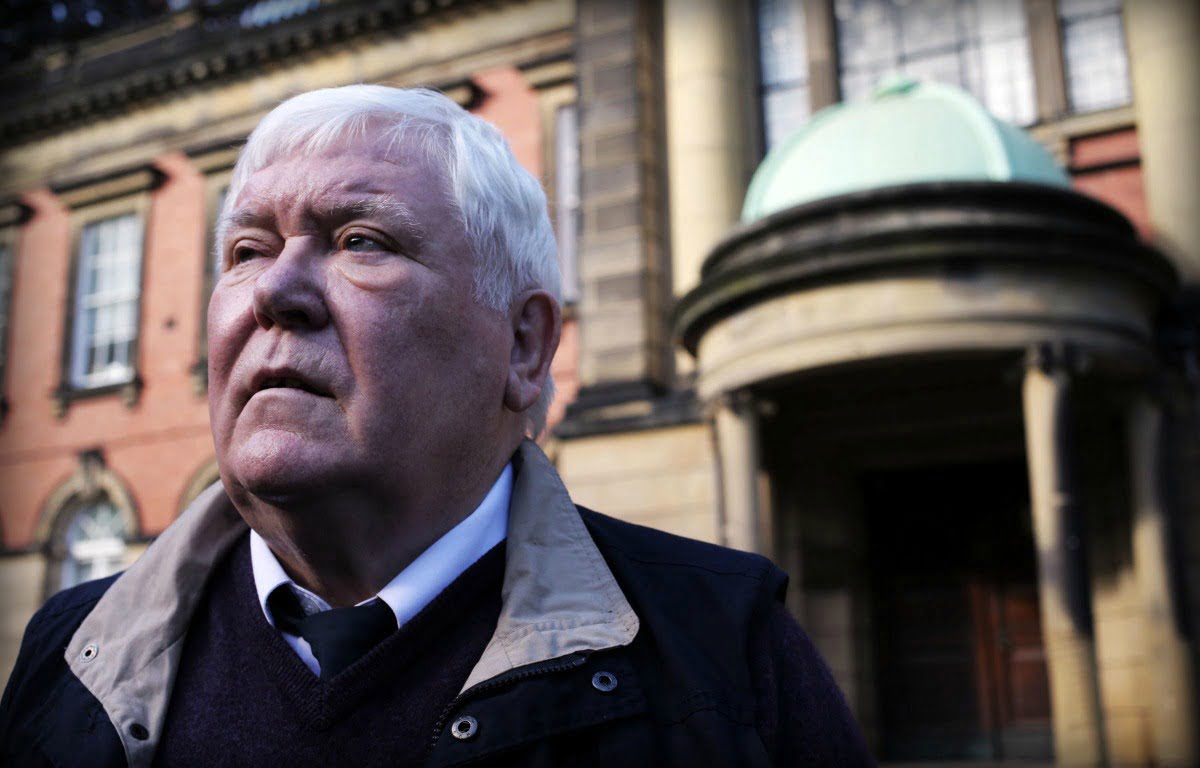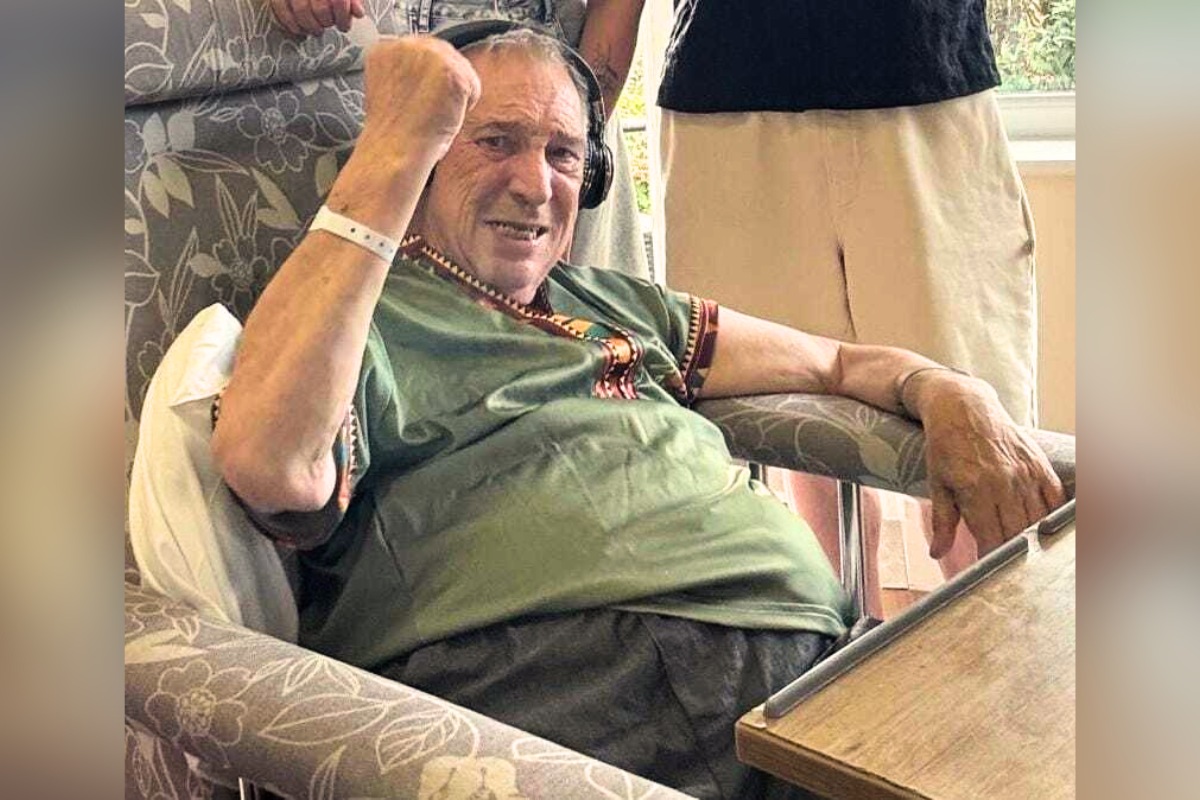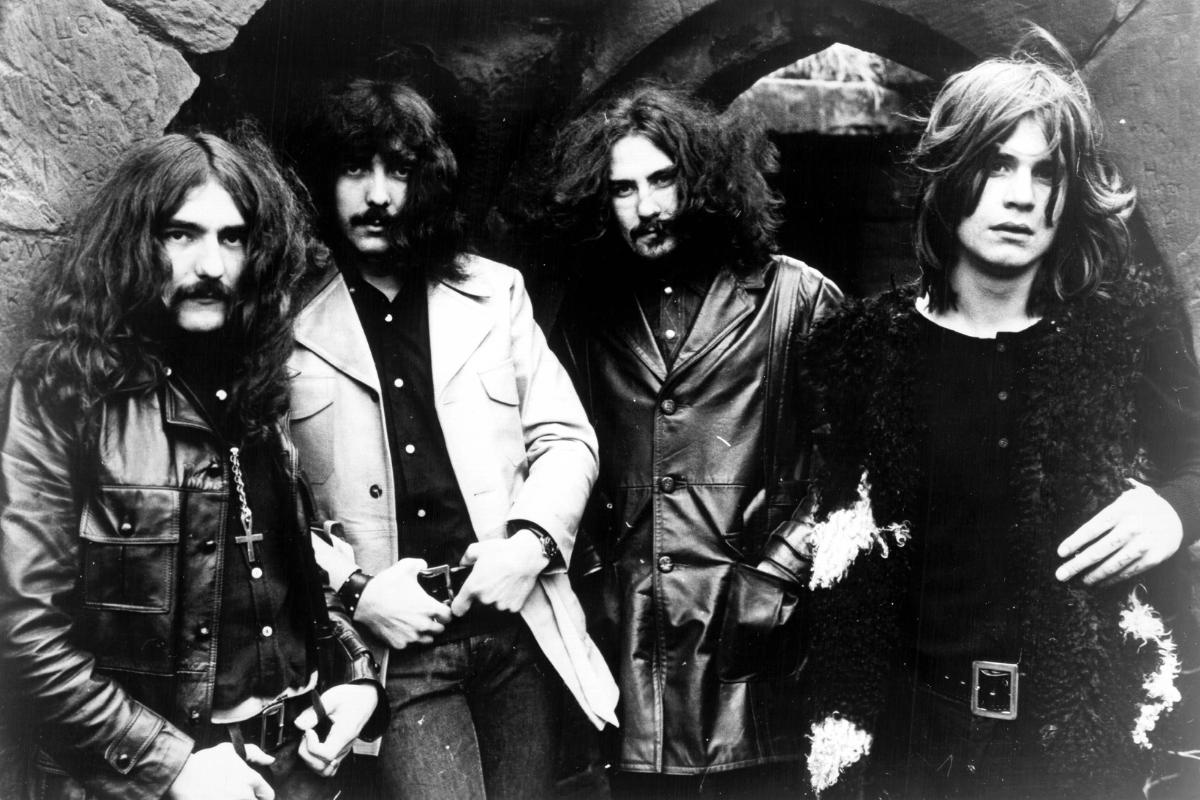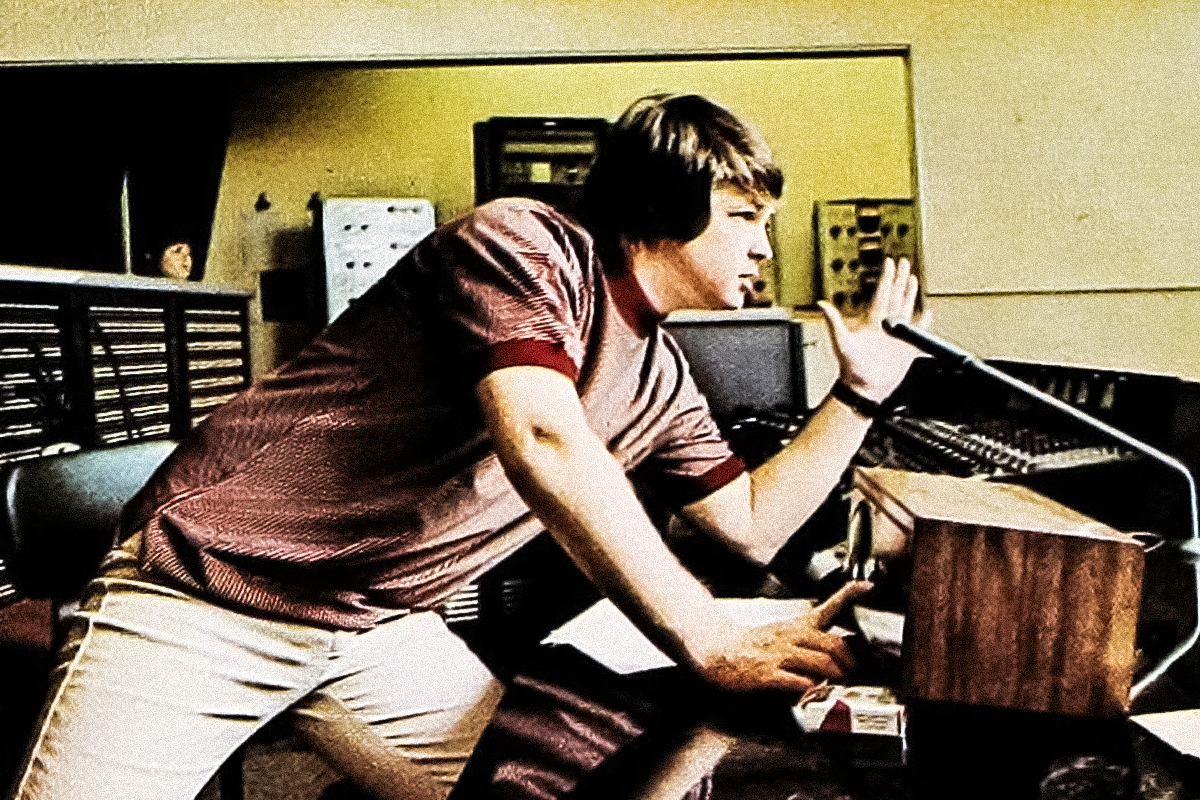Last Saturday, Davey Hopper – the General Secretary of the Durham Miners Association sadly passed away, only one week after overseeing his 32nd Durham Miners’ Gala. We publish here a tribute to Davey by a Socialist Appeal reader in Durham.
Last Saturday, Davey Hopper – the General Secretary of the Durham Miners Association sadly passed away, only one week after overseeing his 32nd Durham Miners’ Gala. We publish here a tribute to Davey by a Socialist Appeal reader in Durham.
The death of Dave Hopper (or ‘Davey’ as we knew him) comes like a bolt out of the blue. As General Secretary of the Durham Miners Association (DMA) – he was elected to this position in 1985 – he transformed the pallid husk of an organisation which had lain in the arms of right wing for decades.
Hopper, Sunderland born and bred, followed his father into mining beginning his working life aged 15 at Usworth Colliery, Washington. Once trained, he sought a move to Wearmouth Colliery close to home. Davey often recalled his time at Usworth, which had a reputation going back to the early 20th century for militancy. Life at Wearmouth was, however, very different. The lodge (branch) of the DMA was complacent and sought to work with management rather than against. The pit also worked four shift per day as the coal lay some four miles out under the North Sea. At just under a mile it was Britain’s deepest pit.
In conversation with other men he found a mood of resignation so far as the union was concerned. From the top – the presidency of right-winger Sid Ford, a Londoner who never worked in mining – down to the local Durham officials, a motley collection of JPs and Freemasons to be lacklustre and out for an easy life.
It was in 1972 when Marxist miner Stan Pearce arrived at Wearmouth, after his own pit had closed, that Hopper met someone with militant ideas. Diligently working together, Stan had the theory to guide Hopper, which soon found an echo amongst the other men. Davey persuaded friends and ‘marrers’ to begin attending lodge meetings and putting up militant resolutions to the embarrassment of the lodge officials. Hopper and Stan, now joined by Jack MCowliffe, Eddie Cable, the young Alan Mardghum and others, also sent left-wing delegates to the DMA Executive.
Word spread about the Wearmouth militancy and the Broad Left came into being. All the Durham pits had representation and the body began producing leaflets, organising pit-head meetings and lobbying the full timers at Redhill, the DMA headquarters. Needless to say, the ensconced right wing were uneasy at this development trying, without success, to use organisational measures to prevent the spread of left wing ideas.
In addition, the popularity of Arthur Scargill in the militant Yorkshire Area and the election of Thatcher in 1979 led to an expectant air of battle. It duly came with the Great Strike of 1984-85. The Durham officials were, not to be disrespectful, quite out of touch, and so day-to-day running of the strike fell upon the shoulders of Hopper and the Broad Left. This was ideal, as more and more men were touched by the ideas of these de facto leaders, not just so far as the union was concerned, but the Labour Party too. By the end of the strike, Durham was a left-wing area.
The sitting officials, realising their time was up, were replaced by an entirely left-wing body. Hopper was elected as General Secretary in 1985, coupled with a right-wing President, the late Dave Guy. Guy wasn’t right-wing very long! Persuaded by Hopper and the Executive, he became convinced by their ideas and approach.
Hopper immediately began the fight to save the remaining Durham pits, but also campaigning for sick and injured miners as regards better compensation. He also changed the outlook of the DMA to an internationalist perspective, establishing links with Cuba, Australia, Spain and elsewhere.
When Hopper became head of the DMA, he became determined that the annual Miners’ Gala should broaden its outlook too. Usually the Big Meeting attracted 40,000-50,000 people. Traditionally, the keynote speaker would be the leader of the Labour Party and a few trade union worthies or MPs. Hopper and the left had to fight hard to get Dennis Skinner on the platform prior to 1984. The right wing wanted to bar Scargill, sowing discontent too, but with him being a miners’ leader and a Labour Party member their hand was forced. Mick McGahey, the Scottish miners’ Communist leader, was barred for that very reason.
Hopper cleverly decided to open up the Gala to all trade unions and community groups (in the face of some fairly intense separatist opposition) and the Big Meeting grew to today’s size, an estimated 180,000 – 200,000 visitors from all over the country and abroad this year.
Hopper was not without his critics. Envy, resentment and downright snide opportunism were some of the things he had to contend with. Chief attack-dog was Kevan Jones, MP for North Durham, the one who accused Ken Livingston of making fun of Jones’ mental state, has frequently accused Hopper and the DMA of making free with union’s finances. This is a blatant lie from a right-wing Blairite who has failed to provide evidence, turned down the invitation to inspect the accounts of the DMA, and flatly refused to meet in public debate with the DMA.
Quite what happens now at the DMA is not certain. It is to be hoped the union will maintain Hopper’s proud ideas and strategies. A working class man, loyal to his class, loyal to the ideas of socialism and loyal to his union members, his memory will live long.






